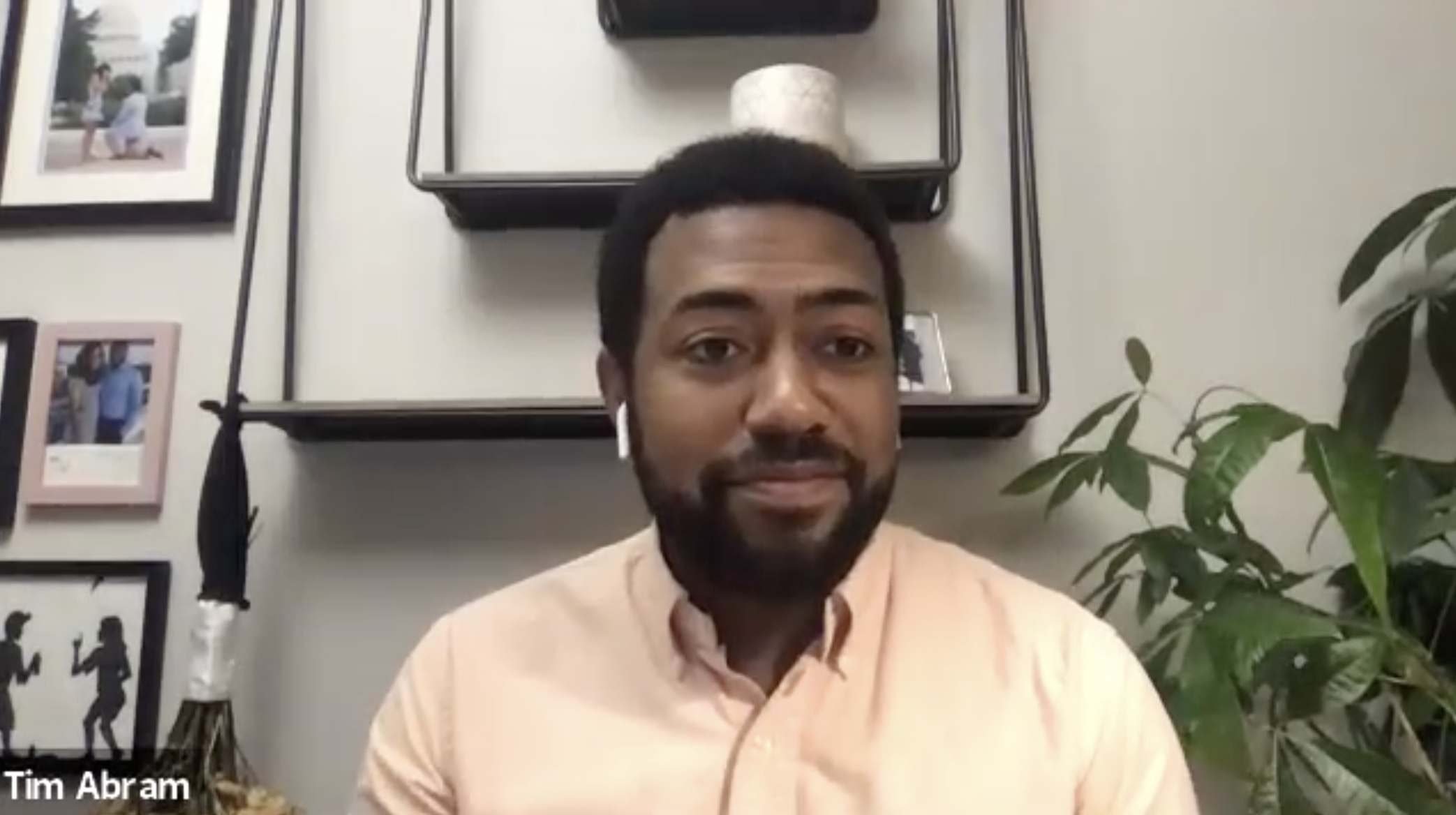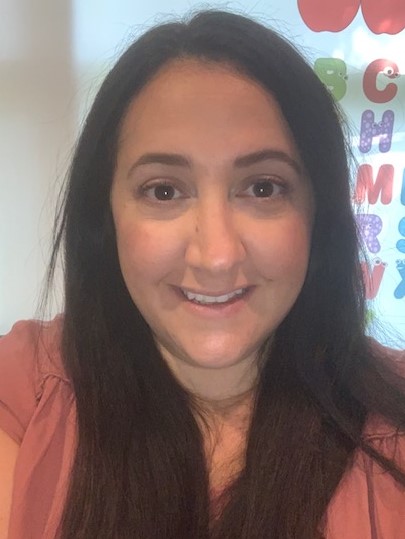As a VIPTeach Global Online Teaching Fellow, I have been afforded the opportunity to attend several meetings and discussions with guest speakers. One of our recent speakers was Tim Abram, who currently serves as ExcelinEd’s Associate Policy Director of Educational Opportunity. While all of our speakers are contributing to the education community in different ways, I found our evening with Tim Abram to be especially interesting and pertinent during the COVID-19 pandemic. With multiple aspects of our lives being impacted during the current worldwide health crisis, as educators, our natural inclination is to focus our attention on the children in our communities. I personally have found myself wondering what the future impact of virtual learning will be on my elementary and middle-school aged children. My colleagues, both within and outside of the Fellowship, have been discussing concerns about possible learning losses across our communities.
Solutions to stem pandemic-induced learning loss
Upon reading an issue brief that Tim Abram wrote for ExcelinEd, titled Leveraging Tutors to Stem Learning Loss, I was saddened to see the projected learning gains from the 2019-2020 academic year. The numbers were quite grim. Students were expected to begin the 2020-2021 school year with only approximately 50% of typical learning gains in mathematics and 70% in reading. Tim pointed out that the traditional brick-and-mortar education of over 1.5 billion children worldwide was disrupted due to the COVID-19 pandemic. The ExcelinEd analysis did not just state current problems, but also proposed a potential solution. Tim proposed providing one-on-one tutors to bridge the gaps in students’ education.
As with most education-related issues, even seemingly simple ideas, such as the use of tutors, require a great deal of planning to properly execute. Tim suggested that school districts may choose to partner with high-quality, established tutoring programs. Based on recent research, he noted that high-quality tutoring programs should:
- Complement the curriculum used to instruct students
- Be integrated within the existing school day
- Provide ongoing assessment of and feedback to the tutors
- Utilize highly selective tutors and/or recent college graduates
Tim also spoke about one recent program, Tennessee Tutoring Corps, that utilized recent college graduates during the summer of 2020 as tutors for children throughout the state. Although this program was funded by philanthropists, Tim suggested that states could follow the same type of model to provide local tutors using federal funds. He recommended that states:
- Leverage current and future stimulus funds
- Identify eligible students (with the greatest needs)
- Partner with existing online organizations
- Develop and compensate college graduates
New and old barriers to educational equity
During his discussion with VIPTeach fellows, Tim did admit that tutoring may not necessarily be the one and only silver bullet to address learning loss, but is certainly a formidable solution that should be considered. Furthermore, Tim discussed the importance of tutoring programs not only following such a historic amount of time missed in brick-and-mortar schools, but also when acknowledging the longstanding achievement gaps between different groups of students. This may include children in low income families or children across different races. Unfortunately as teachers, many of us have witnessed educational inequity long before the current global pandemic. The VIPTeach Fellows participated in a lively discussion about this topic, as all of us are currently teaching students throughout rural and often impoverished areas of China. In the U.S. and around the world, it seems that COVID-19 may have exacerbated an already difficult situation regarding equity in access to quality education. As of mid-November, Tim had not heard of many states following the recommendations put forth by him on ExcelinEd’s platform. Personally, I am hopeful that these ideas are considered at the state and/or district level, as time is of the essence to prevent learning loss from compounding.
As Tim wrapped up his time with us, he left the VIPTeach Fellows with practical advice for making positive policy changes within organizations. He recommends that we should communicate what works, explaining the positives, but also clearly stating the negative byproducts that could happen if your prescribed recommendations are not followed. Tim also spoke about the best ways to not only leverage our current Fellowship, but also future professional relationships. Tim advised that we all seek to meaningfully engage with people who fundamentally think differently about the world. We should recognize that we have differing perspectives, which inform how we view and think about the world. It is important to note that if we engage only with like-minded individuals, we limit ourselves. As educators, but even more importantly as global citizens, we must be able to converse across different perspectives. On behalf of VIPTeach, I would like to thank Tim Abram for his time and for being an invaluable resource within the education community.


